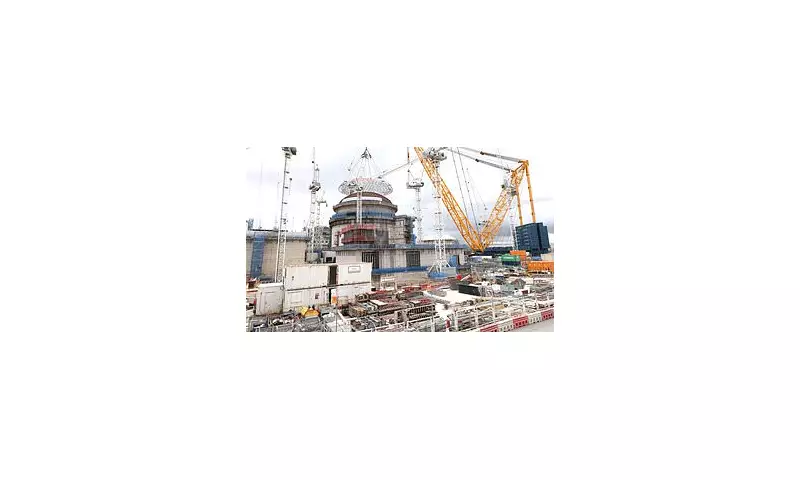
Britain has been labelled the most expensive country in the world for developing nuclear energy, prompting urgent calls from experts for the Labour government to slash through burdensome red tape.
A Call for a 'Radical Reset'
An independent investigation, conducted by the Nuclear Regulatory Taskforce, has concluded that excessively complex regulation is to blame for a 'relative decline' in the UK's leadership in the sector and higher costs for consumers. This stark assessment arrives just after the announcement that household energy bills are set to increase by 0.2 per cent from January 1 following Ofgem's latest price cap adjustment.
The taskforce's final report proposes that sweeping reforms to the nation's nuclear strategy could potentially save tens of billions of pounds from the current £150 billion projected cost of decommissioning legacy nuclear sites. The group insists a 'radical reset' is essential, outlining a comprehensive set of 47 recommendations designed to help the government build new nuclear projects faster, cheaper, and on schedule.
Key Recommendations for a Streamlined Future
Among the most significant proposals is the creation of a 'one-stop shop' for all nuclear power decisions. This aims to simplify the regulatory landscape, avoiding overly bureaucratic and expensive processes while simultaneously maintaining or even improving safety standards.
The report also strongly urges the government to provide a 'robust strategic direction' that encompasses both the civil and defence nuclear sectors. Further recommendations include establishing a Commission for Nuclear Regulation to act as a unified decision-maker and merging the Defence Nuclear Safety Regulator into the existing Office for Nuclear Regulation.
Government Response and New Projects
The Chancellor is expected to formally respond to the report's findings in the upcoming Budget, according to the Department for Energy Security and Net Zero.
Taskforce chairman John Fingleton described the situation as a 'once-in-a-generation opportunity.' He stated, 'The problems are systemic, rooted in unnecessary complexity and a mindset that favours process over outcome. Our solutions are radical but necessary. By simplifying regulation, we can maintain or enhance safety standards while finally delivering nuclear capacity safely, quickly and affordably.'
In response, Energy Secretary Ed Miliband commented, 'This Government is delivering a golden age of new nuclear as we drive for energy sovereignty and abundance. A crucial part of that is delivering the reforms we need to drive forward new nuclear in a safe, affordable way.'
This push for reform comes alongside significant project announcements. Earlier this month, the government confirmed that the UK's first 'small modular reactor' (SMR) nuclear power station will be constructed at Wylfa, on Anglesey, by the publicly owned Great British Energy-Nuclear (GBE-N).
The Energy Department confirmed that GBE-N will commence activity on the site in 2026, with an initial project for three reactors. The site has the potential to eventually host up to eight of these mini power plants, with hopes that the Wylfa reactors will begin supplying power to the grid from the mid-2030s.
Officials also highlighted potential export opportunities for SMR technology and identified the former site of Oldbury, in Gloucestershire, owned by GBE-N, as a potential location for further new nuclear development.
Currently, Britain's existing nuclear power stations provide approximately 15 per cent of the nation's electricity. This stands in contrast to countries like Germany, which has phased out its use of nuclear power in favour of alternative renewables like hydrogen. The development of nuclear energy remains a divisive issue globally, largely influenced by the legacy of the Chernobyl and Fukushima disasters.





